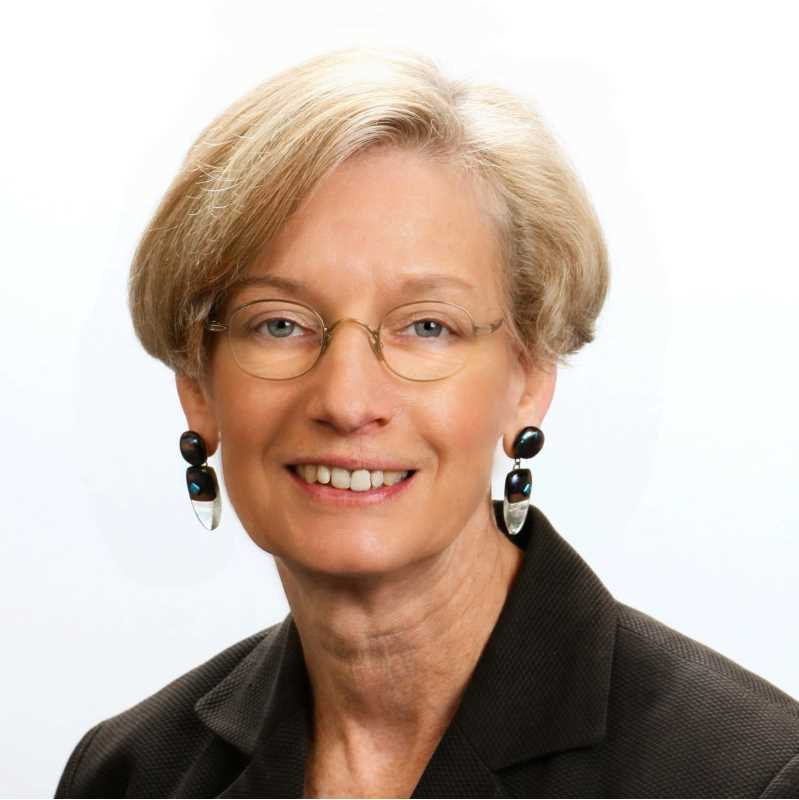Dr. Catherine L. Mann's academic and professional track record is long and impressive: Harvard, MIT, adviser to the Bush administration and the Federal Reserve, chief economist at the OECD and now global chief economist at Citi. And that's just the short version.
Informational technology and balance
There are two areas in particular that have characterised Mann's work: the US trade balance and information technology in global markets. Her research has revolved around these two main elements, but she has also been a clear voice in favour of globalisation and increased international trade.
Catherine Mann was the second woman in history to be appointed chief economist at the OECD in 2014. When she took over, the world economy was still reeling from the aftermath of the financial crisis. She advocated stronger and more socially just growth.
Chief global economist at Citi
In 2017, Mann was headhunted for the position of global chief economist at Citi – one of the world's largest banks.
"My mission statement is that good economic research, communicated effectively, improves the policy-making process and economic outcomes,” said Mann in 2017 on being hired.
In 2020, it is, naturally enough, the economic consequences of the pandemic that have most preoccupied her and Citi. She is critical of the clear gap between developments on the world's stock exchanges and the situation in the global economy.
"The world's stock exchanges have not yet wanted to absorb the effects of the coronavirus outbreak," said Catherine Mann at the beginning of the pandemic.
She points to the obvious mismatch between the critical situation in many countries' real economies and the sharp rise in many of the world's stock markets since the early summer of 2020.
"If anything, the pandemic forces us to focus even more on economic growth as a tool to improve the quality of life in society as a whole. The pandemic has already contributed to a collapse in investment, damage to the labour market, deglobalization and a fall in productivity growth. It is crucial to turn these forces around to support long-term growth in order to improve living standards, support an effective response to climate challenges and b more sustainable for government debt," Mann explained in a Bloomberg interview.
More globalisation, not less
Mann warns that increased protectionism and nationalisation could slow down recovery after the pandemic. Perhaps especially in the United States, globalisation has been viewed in a bad light in recent years, and has been blamed for poorer economic development in the country. In a report from 2019, Catherine Mann responds to the criticism and claims that the problem is not too much globalisation, but rather too little. Fewer industrial jobs, rising inequality and declining productivity are a result of domestic policy choices, not globalisation, Mann claims in the report.
Dr. Catherine Mann is one of the speakers at the New Year's Conference 2021. The theme of her talk will be "The future of globalisation".

